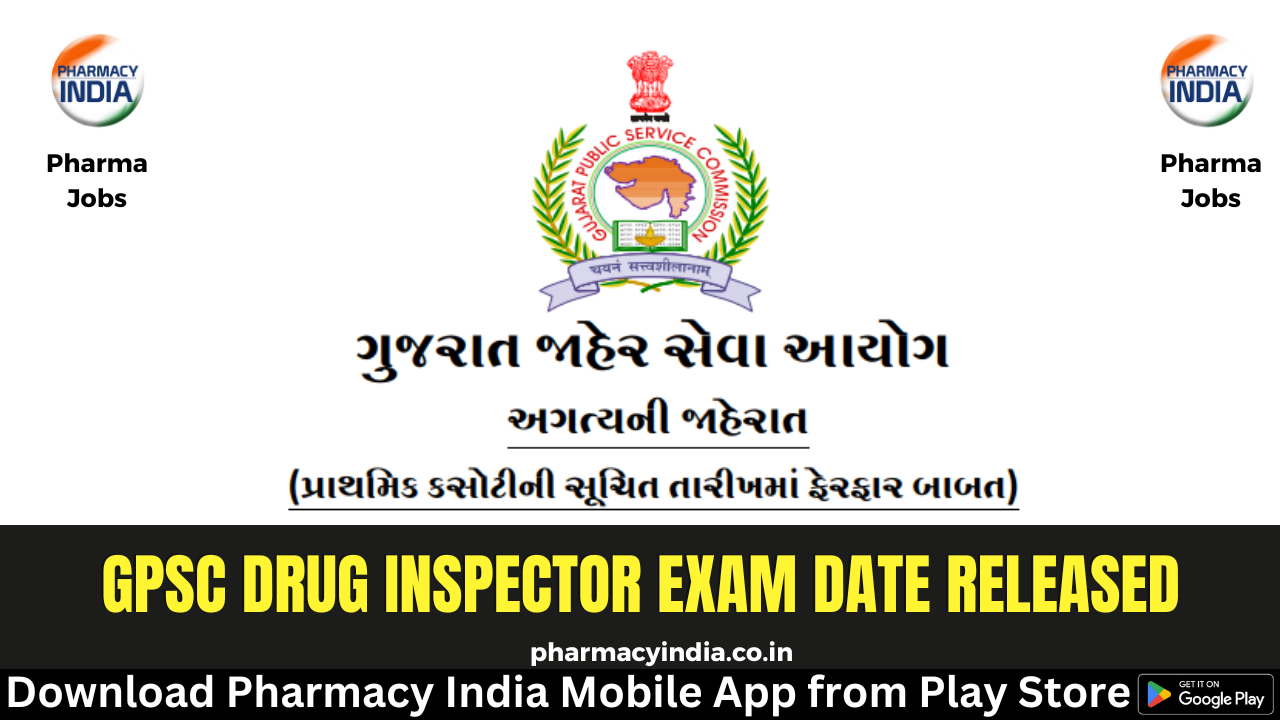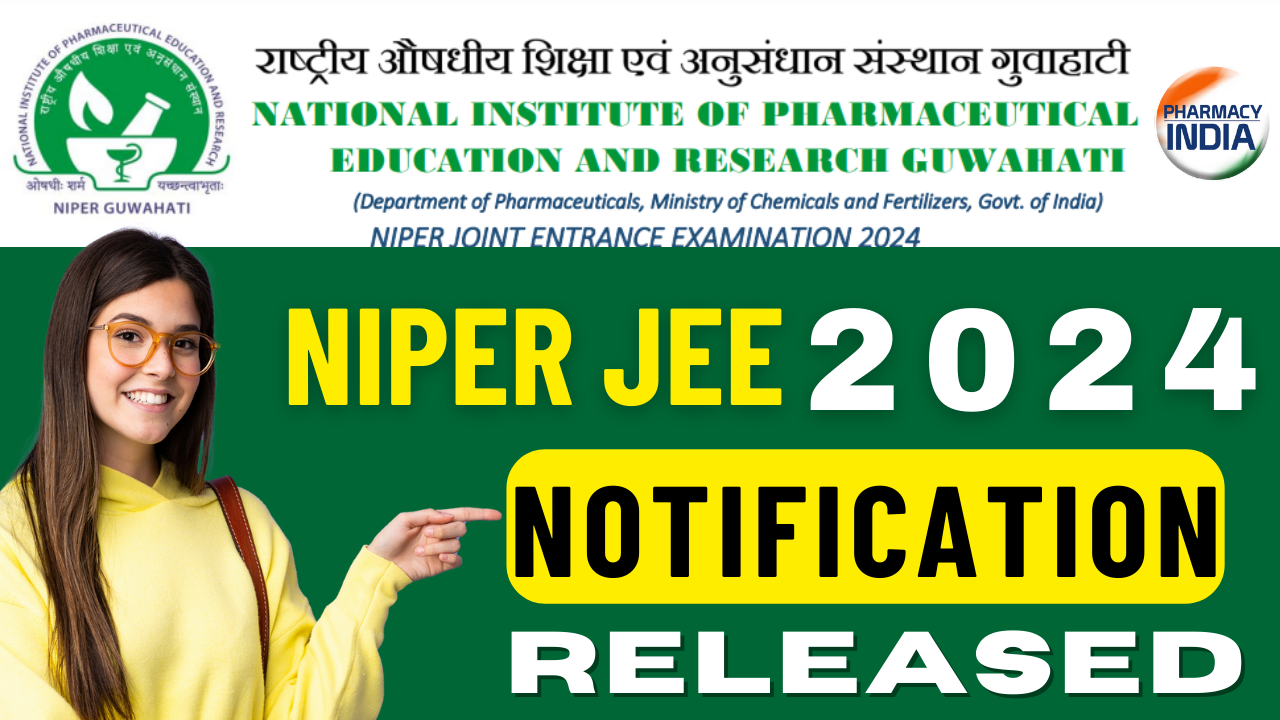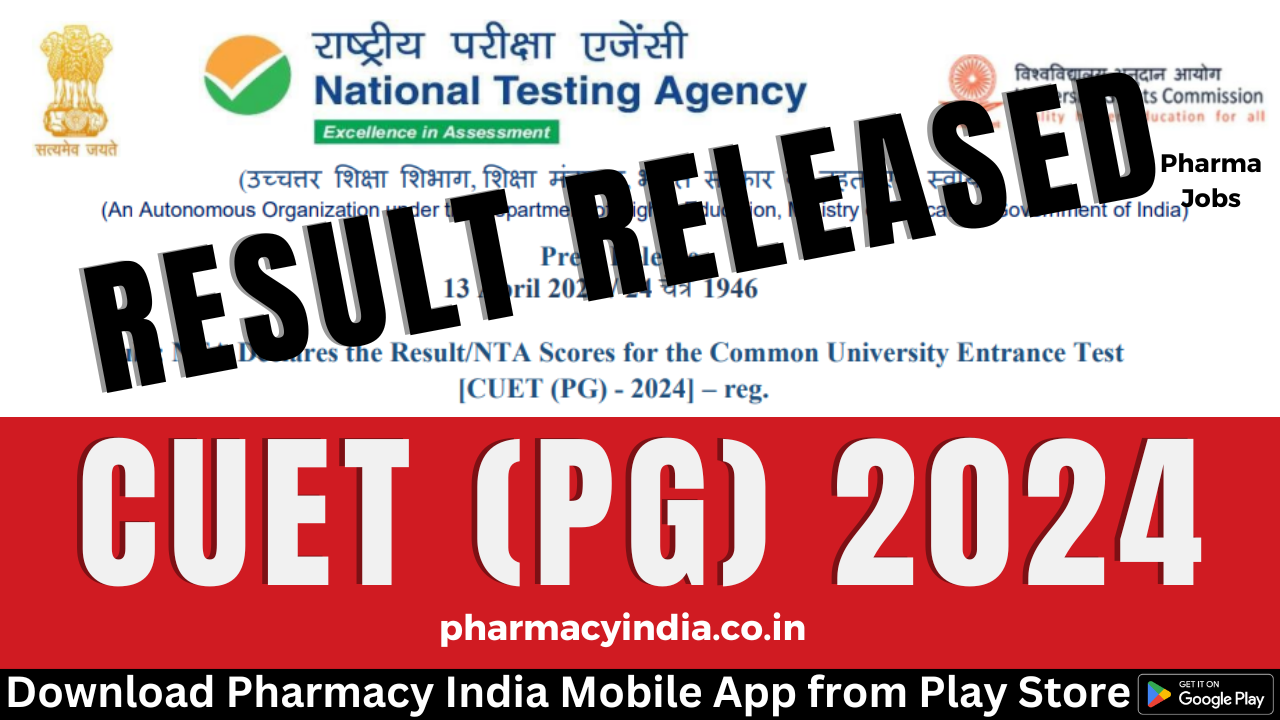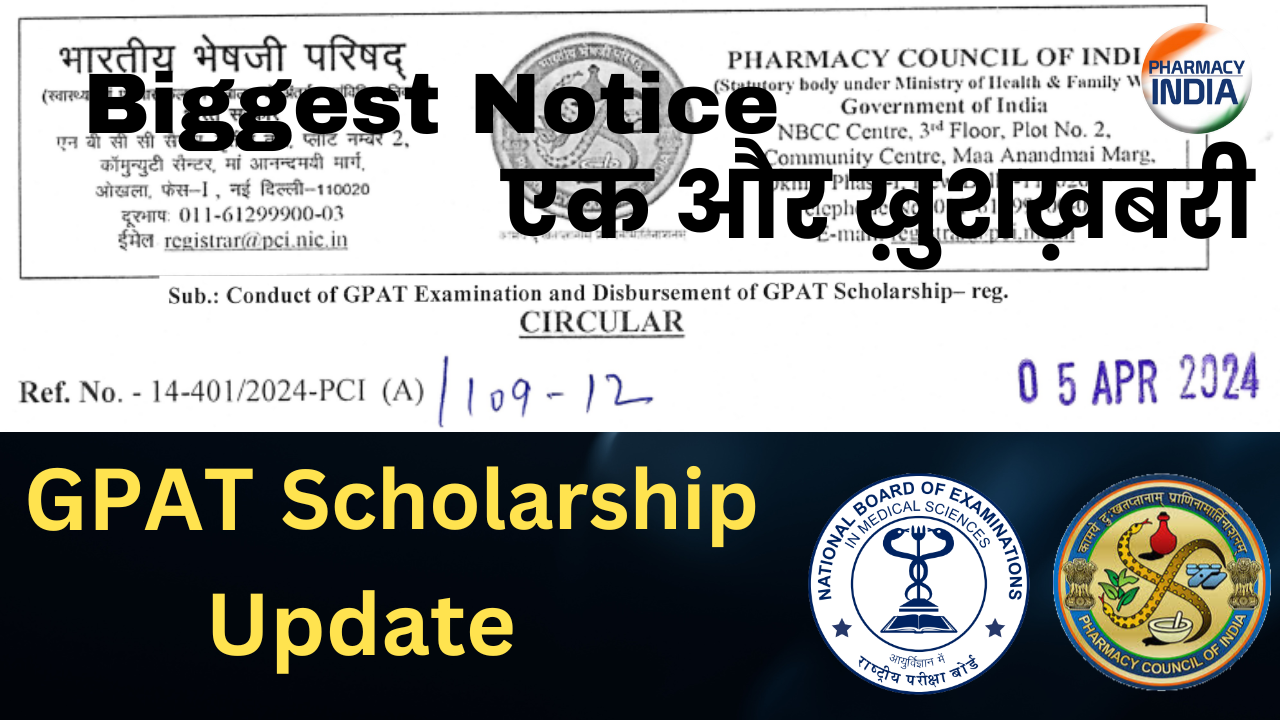Hutchmed (China) Limited reports that it has finished the rolling submission of a New Drug Application (NDA) to the US Food and Drug Administration (FDA) for fruquintinib, a highly potent and selective oral inhibitor of VEGFR-1, -2, and -3, for the treatment of metastatic colorectal cancer that is resistant to current therapies (CRC). “For US patients with metastatic CRC, one of the most prevalent and deadly malignancies in the US and in the world, this FDA application represents an important milestone. In China, where it has been made available to patients since 2018, frucuntinib is a significant therapy option for patients with metastatic CRC. Dr. Michael Shi, Hutchmed’s head of R&D and chief medical officer, stated, “We look forward to working with our partner Takeda to commercialise fruquintinib outside of China, and we remain on pace to submit regulatory submissions in Europe and Japan later this year.
In order to compare fruquintinib plus best supportive care (BSC) to placebo plus BSC in patients with refractory metastatic CRC, the global phase III multi-regional clinical trial (MRCT) FRESCO-2 study was carried out in the US, Europe, Japan, and Australia. Additionally, data from the FRESCO study, which was carried out in China, were used to support the NDA. The submission of an NDA to the Japan Pharmaceuticals and Medical Devices Agency (PMDA) and a Marketing Authorization Application (MAA) to the European Medicines Agency (EMA) are both scheduled for 2023. Hutchmed and Takeda Pharmaceutical Company Limited finalised an exclusive licencing contract in March 2023 to forward the development, marketing, and production of fruquintinib outside of China. Frucquintinib has been authorised in China under the trade name Elunate, and it is a part of the China National Reimbursement Drug List (NRDL). Frucquintinib is marketed by Hutchmed in China in collaboration with Eli Lilly and Company.
CRC is a type of cancer that develops in the colon or rectum. The third most common disease in the world, according to the International Agency for Research on Cancer, is CRC, which will cause more than 935,000 fatalities in 2020. A very effective and specific oral inhibitor of VEGFR-1, -2, and -3 is fruquintinib. Inhibitors of the VEGFR protein are essential for preventing tumour angiogenesis. To reduce toxicities that are off-target, increase tolerability, and provide more reliable target coverage, fruquintinib was created to enhance kinase selectivity. Up to this point, fruquintinib has generally been well tolerated by patients, and it is currently being studied in combination with other anti-cancer treatments.
Elunate, a brand of fruquintinib, was commercially introduced in China in November 2018 after being given the go-ahead for marketing by the National Medical Products Administration (NMPA) of China in September 2018. As of January 2020, it is a part of the NRDL. Elunate is recommended for the treatment of patients with metastatic CRC who have previously undergone fluoropyrimidine, oxaliplatin, and irinotecan therapy. This includes individuals who have already undergone anti-VEGF and/or anti-epidermal growth factor receptor (EGFR) therapy (RAS wild type). The Journal of the American Medical Association, or JAMA, released the findings of the FRESCO study in June 2018. This was a phase III pivotal registration trial of fruquintinib in 416 patients with metastatic CRC in China (NCT02314819). Overall survival (“OS”), the study’s main goal, was met with a hazard ratio (“HR”) of 0.65 (95% confidence interval [“CI”] 0.51-0.83; p0.001).
It is unknown if fruquintinib is safe and effective for the following investigational uses, and there is no assurance that it will be authorised by health authorities or made commercially available in any nation for the uses under consideration. FRESCO-2 is an MRCT that compared fruquintinib with BSC to a placebo plus BSC in patients with refractory metastatic CRC. It was carried out in the US, Europe, Japan, and Australia (NCT04322539). The outcomes were revealed in September 2022 at the ESMO Congress, which is sponsored by the European Society for Medical Oncology. The MRCT FRESCO-2 research showed that fruquintinib treatment increased the primary overall survival (“OS”) endpoint and important secondary progression-free survival (“PFS”) endpoints statistically significantly and clinically meaningfully compared to placebo treatment.
More specifically, the median OS for the 461 patients treated with fruquintinib was 7.4 months as opposed to 4.8 months for the 230 patients in the placebo group (HR 0.66; 95% CI 0.55-0.80; p0.001). In contrast to individuals receiving placebo, those receiving fruquintinib experienced a median PFS of 3.7 months (HR 0.32; 95% CI 0.27-0.39; p0.001) as opposed to 1.8 months. Those on fruquintinib had a disease control rate (“DCR”) of 55.5%, while those taking a placebo had a DCR of 16.1%. Patients in both groups had a median follow-up period of about 11 months.
FRESCO-2’s fruquintinib safety profile was in line with previously published fruquintinib trials. In contrast to 50.4% of patients who received placebo, 62.7% of patients who received fruquintinib experienced adverse events of grade 3 or above. Hypertension (13.6% vs 0.9% in the placebo group), asthenia (7.7% vs 3.9% in the placebo group), and hand-foot syndrome (6.4% vs 0% in the placebo group) were all grade 3 or higher side events that happened in more than 5% of individuals who received fruquintinib. In contrast to 21.1% of patients who received placebo, 20.4% of patients who received fruquintinib experienced treatment-related side events that resulted in discontinuation.
Paclitaxel monotherapy versus fruquintinib combination with paclitaxel for the second-line treatment of advanced gastric cancer or gastroesophageal junction adenocarcinoma is being examined in the FRUTIGA study, a randomised, double-blind, phase III investigation in China (NCT03223376). The summary results were released in November 2022. A clinically significant improvement in PFS was one of the trial’s primary objectives, and it was achieved. Despite a numerical increase in median OS, the other primary OS endpoint did not meet the criteria for statistical significance under the predetermined statistical plan. Moreover, frucquintinib showed statistically significant improvement in secondary objectives, such as enhanced objective response rate (ORR), DCR, and durability of response (DoR). The fruquintinib safety profile in FRUTIGA was similar with trials that have been previously described. At a forthcoming scientific gathering, results are anticipated to be presented.
Hutchmed is also developing fruquintinib for the treatment of various solid tumour cancers in conjunction with PD-1 monoclonal antibodies for the treatment of endometrial and other solid tumours. A cutting-edge biopharmaceutical business in the commercial stage is Hutchmed. It is dedicated to the development, global commercialization, and discovery of immunotherapies and targeted medicines for the treatment of cancer and immunological illnesses.







